what to eat during a half marathon
So… Getting through the 13.1 miles that you signed up for is obviously going to require some fuel - and not just any fuel either - so what to eat during a half marathon?
Running this daunting distance requires significant energy and endurance and only the right components will do.
The stress on your muscles and cardiovascular system is best alleviated by knowing which energy sources you should tap from to optimally perform.
-But don’t know what are the ultimate running foods?
No worries!
This comprehensive guide will get you going, and keep you going, from the race start to the finish line.
Now, tip number one:
It is a good idea to concoct a fuel plan before start day in order to be well prepared.
Relying solely on the food provided at the aid stations throughout the course will get you by but, even better is to have a plan that caters specifically to you!
First though, let’s go over the energy elements that are needed for this long run.
half marathon fuel components
carbohydrates
When running a half marathon, you will be burning a significant amount of calories while depleting glycogen stores.
And it’s these glycogen stores that are your body’s primary energy source in the half marathon distance.
-So what are glycogen stores and how do you store up glycogen?
Good questions!
Glycogen is produced in your body from glucose and is derived from consuming complex carbohydrates.
You see, the carbohydrates that you’ve eaten convert to glycogen. Your muscles and liver then store this glycogen which is then broken down to produce - voilà! - energy!
Now, if you don’t replace these glycogen stores that are being used for energy, your body will turn to fat for energy.
Using healthy fats for energy is fine for shorter distances but not for the mighty half marathon!
One of the reasons being, burning fat for energy is a much slower process. Not good when that energy is needed now!
-And, while fats are a good backup source of fuel, your body easily stores them so it’s not necessary to build up a supply or replenish your supply during your half marathon.
So, without the stored glycogen, you will ‘hit the wall’. Meaning: it will be a real struggle to continue on as your energy levels just won’t be able to sustain the distance you need to go.
You need those carbs - both stored before your race (See What to Eat Before a Half Marathon that includes what to eat the morning of the race.) and then replaced during your race, to keep you going.
You also need simple carbohydrates for instant energy along the race course. These are found in gels, chews, sports drinks along with several other products.
In summary, having enough energy will be because of the stored and replenished complex carbohydrates that keep the glucose levels elevated. Then, simple carbs, also consumed during the race, will supplement the stored glycogen for additional instant energy.
hydration
I think hydration is a no brainer but don’t gloss over this obvious component just yet.
Knowing the ramifications of not being hydrated will perhaps help ensure that you stay focused on your hydration needs.
Check out the following potential consequences from not retaining enough fluid:
- Muscle cramps
- Fatigue
- Dizziness
- Nausea
- Rise in body temperature and heart rate
- Poor concentration
- Poor Motor Control
- Gastric Pain
- Headache
It’s really not hard to get enough liquid during your half marathon.
Take advantage of the aid stations or wear a hydration belt to have fluids right with you when you need them.
(You can find a list of the best hydration belts for marathoners in this post.)
But, here’s the thing, be careful to find the right balance between drinking enough and drinking too much - overhydration.
Overhydration can also be quite serious as it can lead to hyponatremia.
Hyponatremia occurs when the level of sodium in the blood falls too low because of fluid dilution.
And, not to scare you, this condition can in fact be deadly. Luckily, the intake of electrolytes (See the next section) will provide for a balance to prevent this condition.
But still, don’t go to the other extreme and way over drink.
(Yes, there’s more to read on this extremely important hydration topic! Be even more prepared with these hydration tips.)
Electrolytes
Balancing out your pH levels is essential when running the half marathon distance and electrolytes are there to do the job.
More specifically, electrolytes help balance the fluids in your muscle cells which keeps them contracting efficiently.
This in turn keeps your heartbeat regulated and your body hydrated and balanced.
The four main electrolytes that endurance athletes need are sodium, potassium, magnesium and calcium. These minerals are found in most sports drinks.
Or, if you’d rather get your electrolytes in a solid form, you can consider electrolyte capsules or pills to maintain that balance.
I have a list of effective brands in this post on the best energy drinks for marathoners.
Just keep in mind that if you’re opting for the solid form, the carbohydrate intake is much lower (or even altogether missing) and will need to be obtained from another source. Also, since salts can be dehydrating, you’ll need to up your fluids.
Nutrition Products to Incorporate in Your Plan
Now that you know the components that should be included in your Half Marathon fuel plan, let’s continue with products and foods that will ensure you get the above components.
Tip number two: It is important to note that experimenting in the weeks before your race will serve you best.
Trying new foods on the day of the race should be avoided at all costs. Not liking the taste or even texture of an item or, even more detrimental, experiencing gastrointestinal distress, is not something you want to deal with on race day.
Find what works best for your body during training runs to have a clear plan and confidence in your nutrition choices.
(Check out this guide on the 5 Worst Marathon Nutrition Mistakes You Might be Making)
Energy Chews, Energy Gels and Energy Bars
Energy chews, gels and bars are all a good on-the-go option for nutrition during a half marathon.
These chewable snacks typically contain good carbohydrates and sometimes electrolytes as well.
They’re also great because, with the small size, you can easily customize the amount you want to provide additional fuel when needed. Plus, they’re easy to carry.
See my post here for all you’d ever want to know about energy chews and gels plus specific ones that I recommend.
Sports Drinks or Electrolyte Pills
Sports drinks are formulated to include a mix of carbs and electrolytes.
These drinks restore the water, sugars and salt lost through high endurance activities, extending the time you can run without exhaustion.
Be aware that some use the terms “sports drinks” and “energy drinks” interchangeably but both are not always created equal.
Because of this, make sure to check the nutrition label and ingredient list to ensure you are obtaining the desired component.
To read more about these necessary drinks and see several good options, including ones to avoid, check out this post on the best energy drinks for marathoners.
-And as mentioned above, you can replace electrolytes through use of pills but then make sure to use another source for carb replacement.
3. Water
Water stations will be set up along the race course so take advantage of them - or carry water in your hydration belt.
Just be cautious to not drink too much water. You want to avoid discomfort which will likely slow your performance.
Alternating between water and sports drinks will ensure you’re replenishing both fluids and electrolytes.
4. real food
I get that there are some of you out there who prefer real food options rather than the specialized sports nutrition products.
Therefore, carbohydrate boosts can also be obtained from the following good choices:
- Bananas
- Raisins
- Figs
- Dried dates and other dried fruit - pineapples, apricots, apples, cherries - but make sure the fiber sits well. Some high fiber foods will hurt more than help.
- Whole grains such as small sandwiches with peanut butter or nut butter and jam.
- Fig Newtons
- Sweet Potatoes - Mash and pack in ziplock bags to squeeze out as you run
- Pretzels
These are the best foods if you prefer more natural and less processed foods.
If real foods are your preference, make sure your food is easy to carry and eat on the run.
Having everything prepped beforehand, and then packaged with convenience in mind, will make for efficiency come race day.
half marathon nutrition plan
calculate your nutrition needs
Estimate your calories, carbohydrates and hydration needs by using the below general guidelines. Of course, make sure to fine tune the ranges according to your body size and pace.
- Calories - Runs longer than 60 minutes need enough calories to sustain them. About 150 to 300 calories per hour is recommended depending on your pace and body size. These calories are obtained from the various components you’ve incorporated in your nutritional plan.
- Carbohydrates - 30 to 60 grams per hour - Running at a faster, higher intensity will deplete your energy stores more quickly so if this is you, allow for the upper end of the range.
- Hydration - 6 to 8 ounces (180 to 240 milliliters) of fluid every 20 to 30 minutes. Here again, this varies but here it not only depends on your size and pace but also on how much you’re sweating and how hot it is. And remember, your best option is to alternate between water and sports drinks to help maintain balance.
It’s important to keep in mind, when initially forming your plan, that your components - sports drinks, gels, chews, real food - may very well overlap with various amounts of carbohydrates and electrolytes.
Add them up collectively when figuring out totals.
During training sessions, you’ll then be able to adjust particular components, not just the obvious ones, to determine what works best.
2. choose your nutrition products
Based on your training experiences, nail down the energy gels and/or chews, sports drinks and/or real food options that work best for you.
This could take quite a bit of trial and error so persevere in figuring it out.
Ensure that you have enough to last you the entire race.
3. nutrition timing
Typically you should start fueling early in the race and continue at regular intervals.
To stay on top of your game, proper fueling should start before you feel fatigued. Around the 20 to 30-minute mark is a good time to begin fueling and then continue every 20 to 30 minutes.
So, if 60 grams of carbs per hour is your goal, take that amount and divide into smaller doses to consume every 20 minutes.
4. practice your plan
A long training run during your half marathon training is the perfect time to experiment.
You want to observe what works for you - what is effective and comfortable. Make adjustments as needed.
Here is a guide to fueling during a long run.
5. stay flexible
Any good plan needs to be prepared to adapt to unforeseen factors.
Race day can present elements that have the potential to sabotage your efforts.
Weather conditions, your mood, sleep deprivation, the race course, etc. can all influence your nutritional needs.
Be ready to make necessary adjustments.
6. post race recovery
Continue to prioritize your nutrition after crossing the finish line to get the recovery process underway.
This post about recovery foods after running long distances will provide guidance that you can include in your nutrition plan. -And here’s a great running recovery snack recipe!
conclusion
Knowing and implementing your primary fuel source will ensure optimal performance and overall enjoyment.
Proper training should include planning and experimenting with a nutrition plan.
With the right fueling approach, you will make it all the way to the finish line having run a successful race and ready to take on your next running challenge!
👋Sign up to receive the free printable strength exercises for runners: 👇
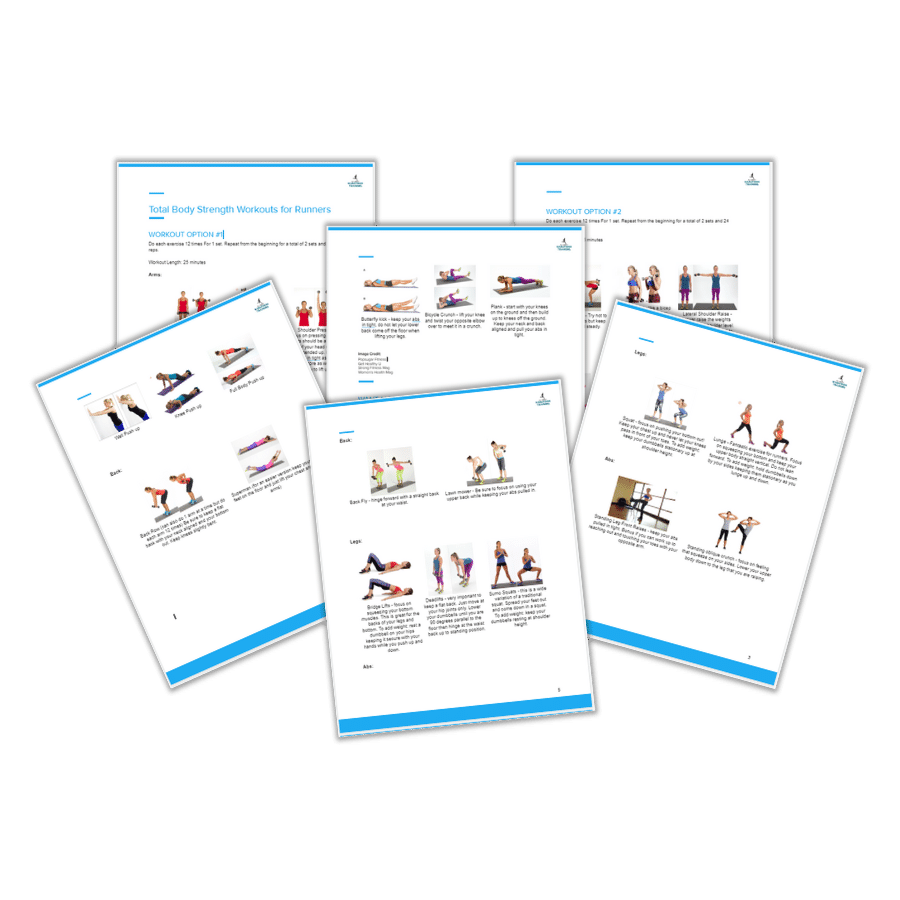 |
Your second block of text...
As featured on:

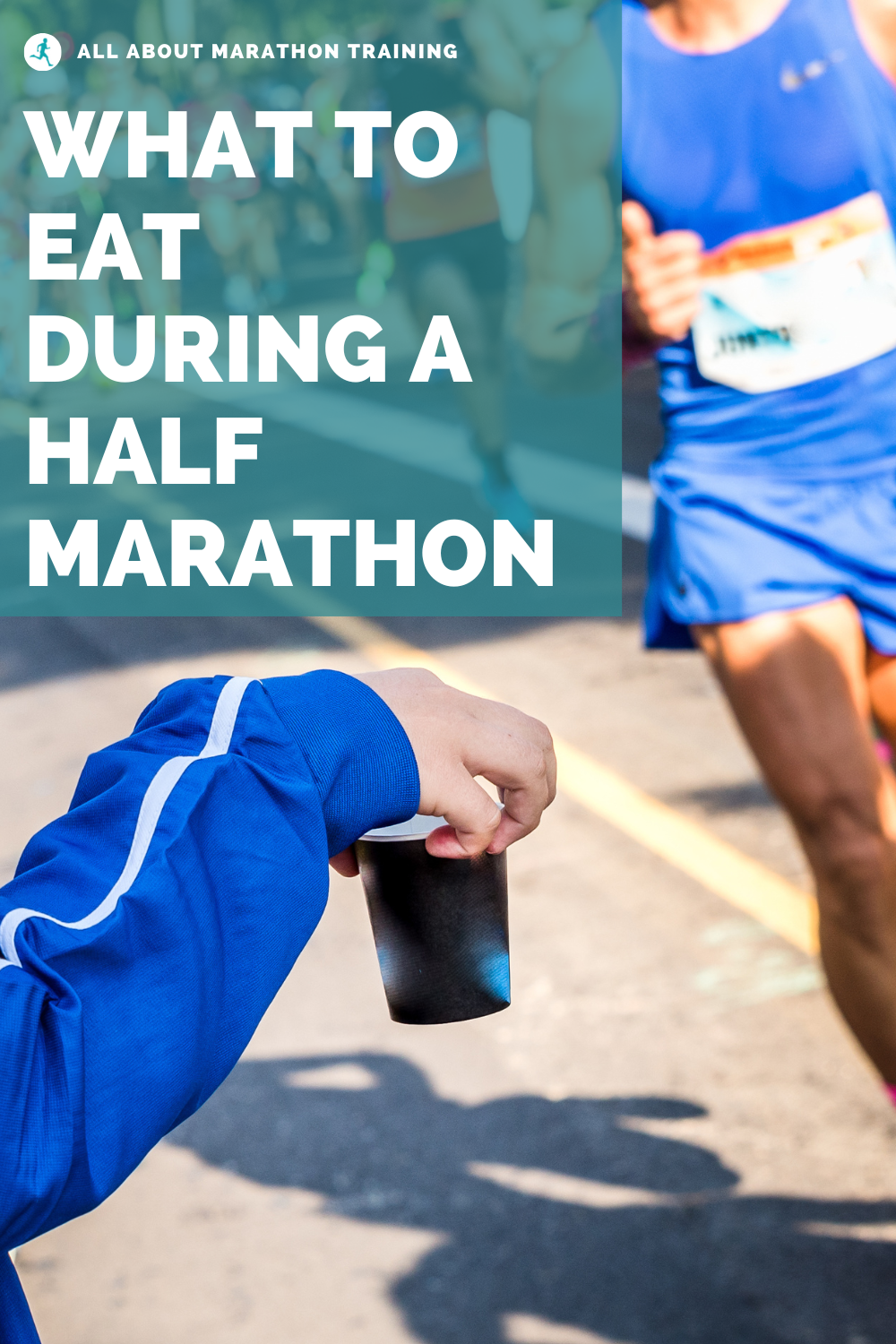
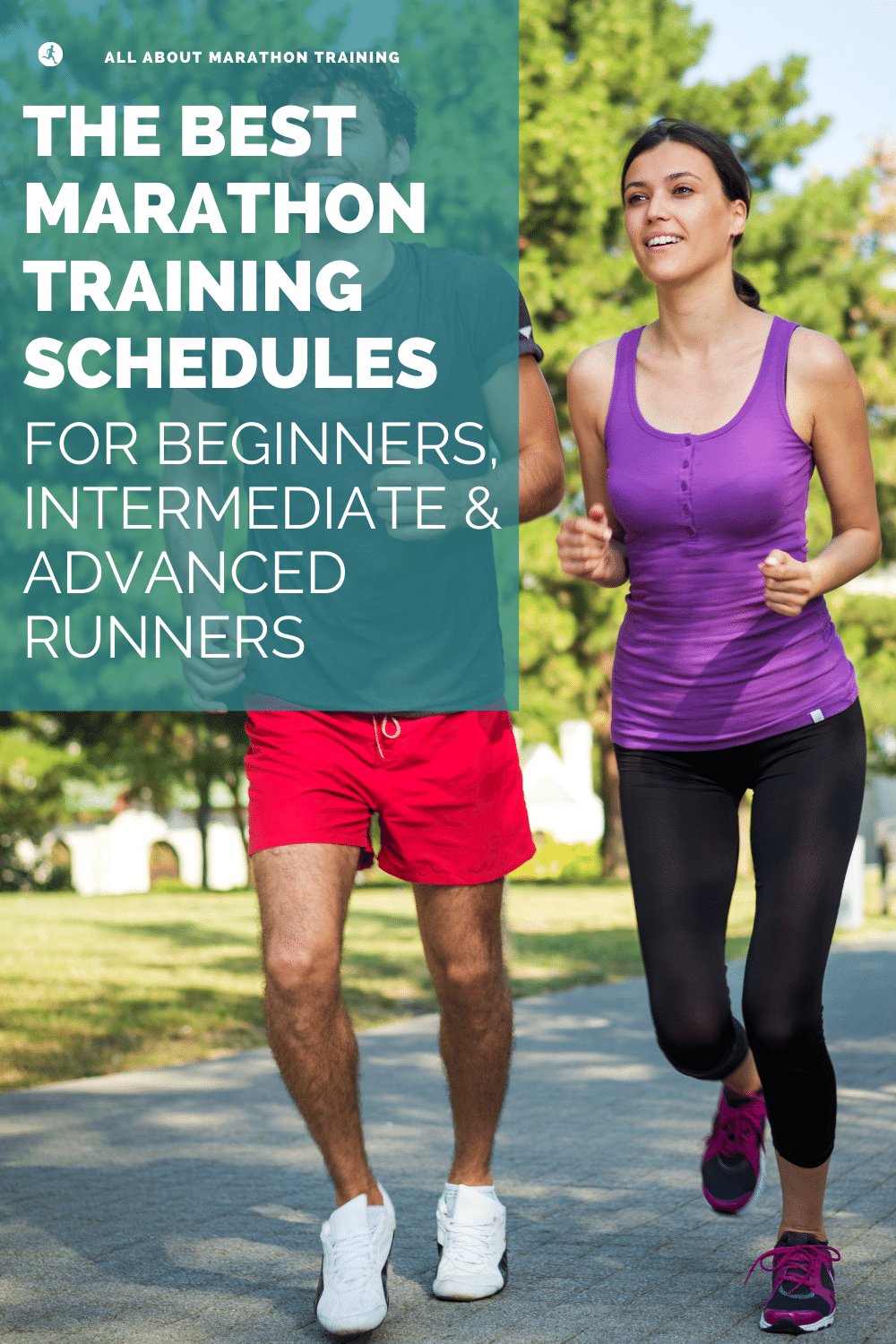

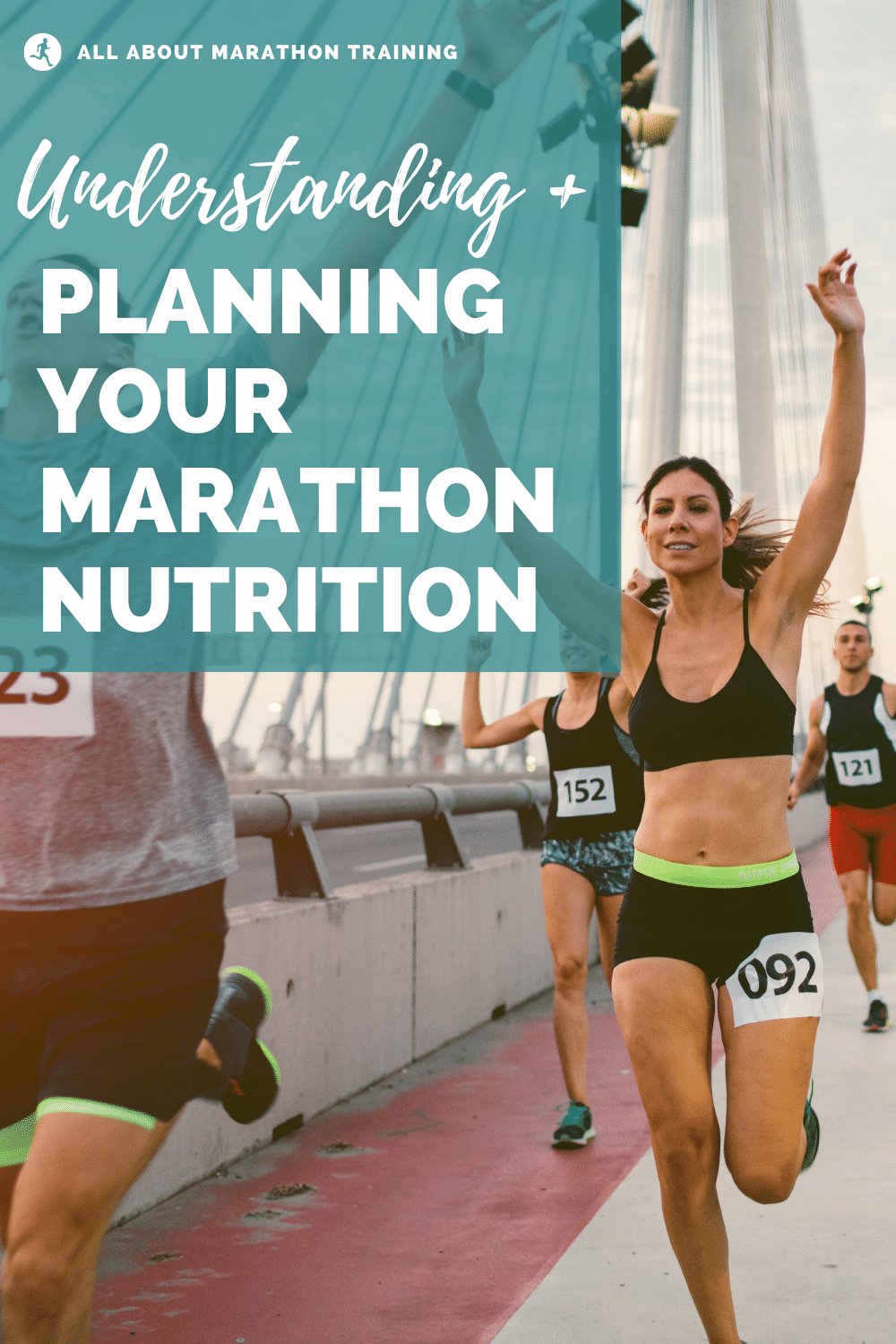
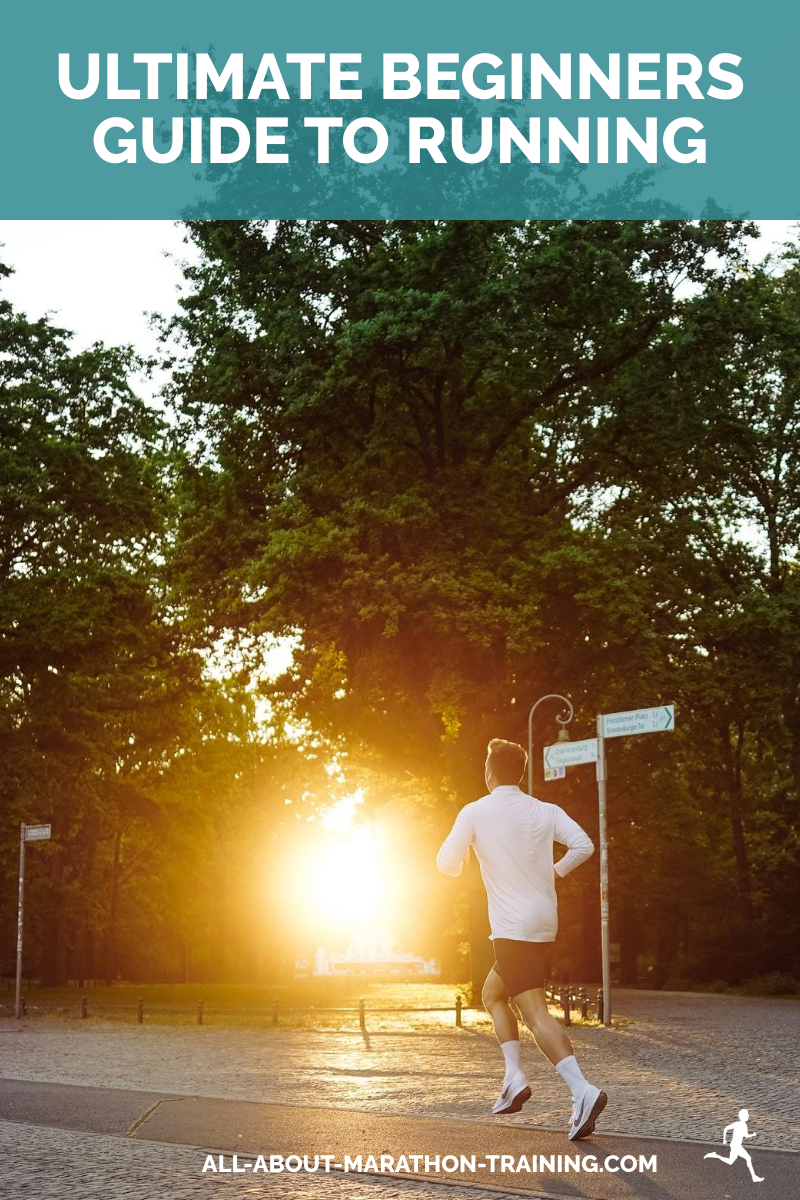

New! Comments
Have your say about what you just read! Leave me a comment in the box below.